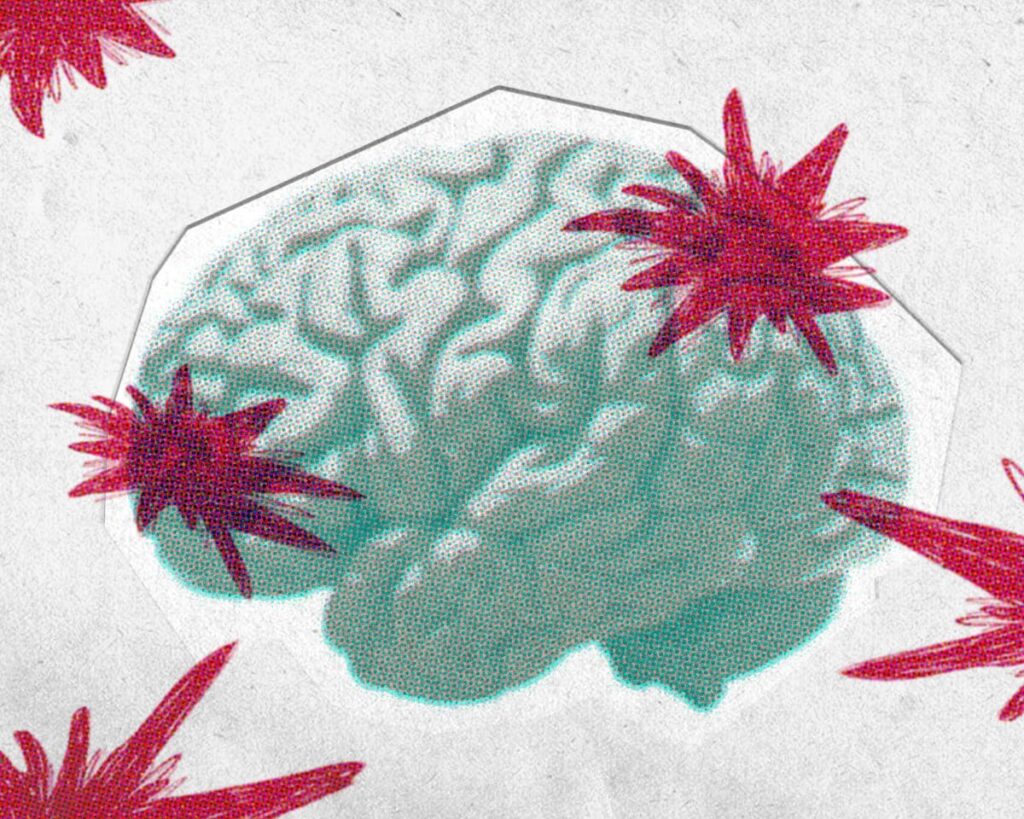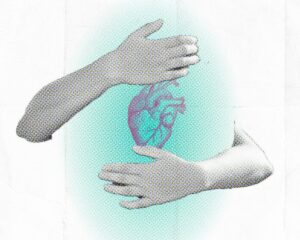The following transcripts are derived from one-on-one interviews of Filipinos with OCD.
Even without understanding what Obsessive Compulsive Disorder (OCD) is, you can recognize its popular phrases used in situations like Ayusin ko ‘to! Na O-OC ako eh! Without intending to, individuals made a mental shortcut that connects cleaning or organizing behaviors to OCD and that is what we call trivialization.
In the context of mental health, it may present as making the mental illness seem beneficial, ignoring the most serious aspects of it, and labeling everyday behaviors as a mental illness without proper diagnosis. (Myrick and Pavelko, 2016, 2017; Pavlova & Berkers; 2020, as cited in Yel, 2022).
Due to the oversimplifying and trivializing OCD, there are people who shared how coming to terms with OCD faced initial denial because their lived-in experiences don’t align with the overall OCD “image” being portrayed in media. Oversimplifying the disorder into a “quirky personality” on mainstream leaves a bittersweet taste on Filipinos who are diagnosed with OCD:
Medyo sad ako na yung tingin, “I’m So OC!” na parang cine-celebrate ang OCD […] kasi I would rather live my life without this.
– Interviewee A
I try not to take it too seriously, ‘cause I know these people have, forgive my term, a shallow understanding of what OCD is, but it always irks me on the inside. Like damn, that’s how bad people misunderstand OCD.
– Interviewee B
However, these associations didn’t appear out of nowhere. Media representations affect the reality of those who it portrays. People recognize the compulsions of OCD one of which is the contamination OCD where there is excessive cleaning. Consequently, OCD slowly integrated itself in slangs while unintentionally dismissing the realities of those who are diagnosed.
REFERENCES
Pavelko, R., & Myrick, J. G. (2016). Tweeting and trivializing. Imagination, Cognition and Personality, 36(1), 41–63. https://doi.org/10.1177/0276236615598957
Pavlova, A., & Berkers, P. (2020). “mental health” as defined by Twitter: Frames, emotions,
stigma. Health Communication, 37(5), 637–647. https://doi.org/10.1080/10410236.2020.1862396
Yel, E. (2022). Entertainment Media’s Influence on Individuals Tendency to Believe Myths about Obsessive-Compulsive Disorder: The Influences of Stigmatized Versus Trivialized Content. https://doi.org/10.7273/000004570








